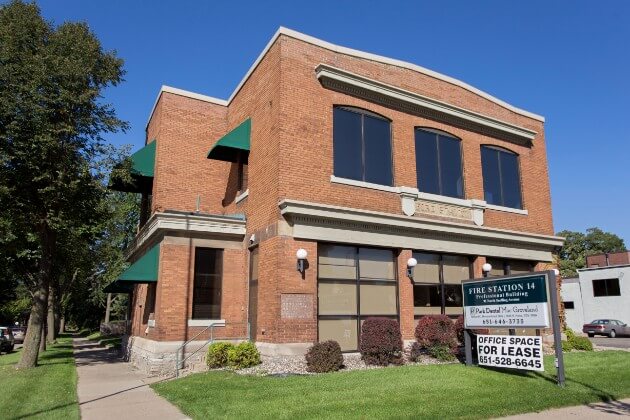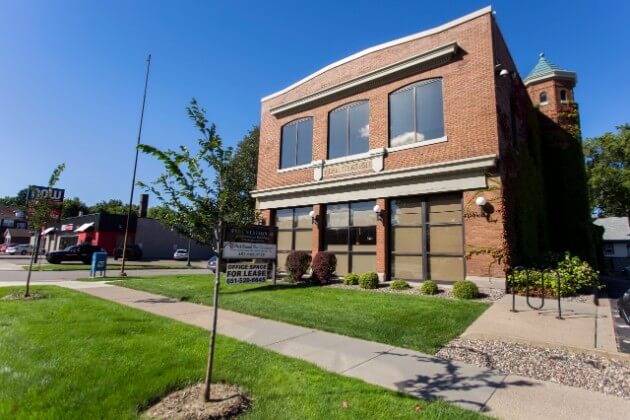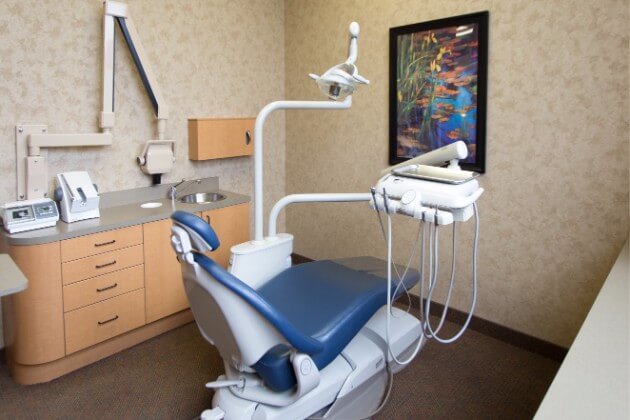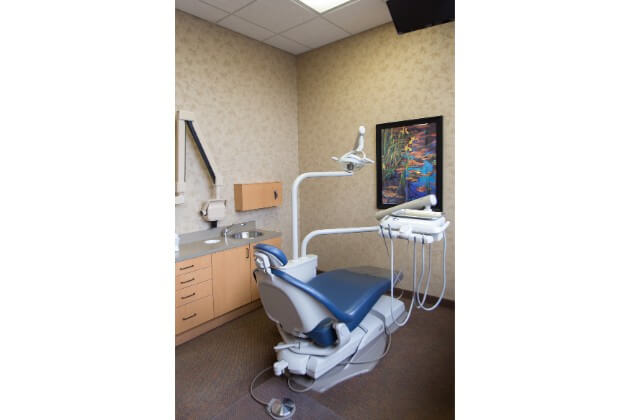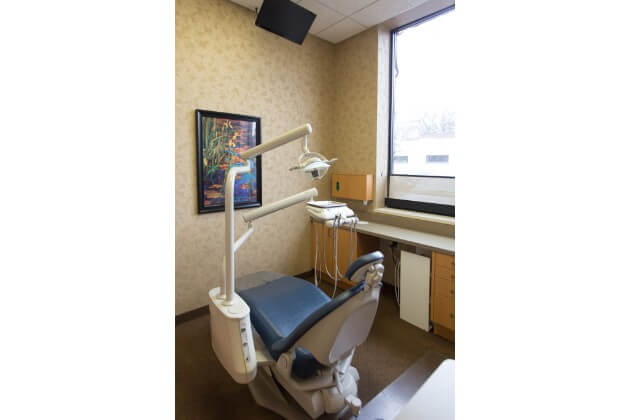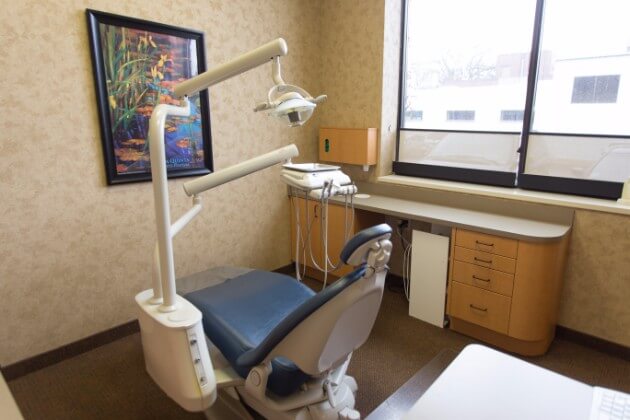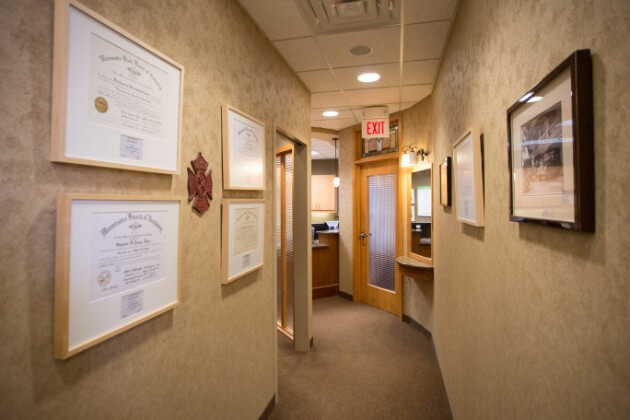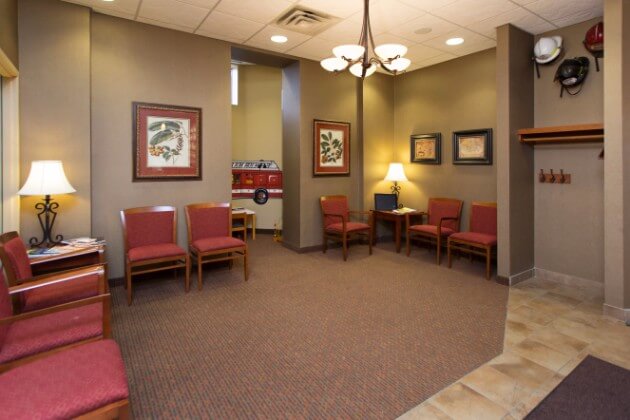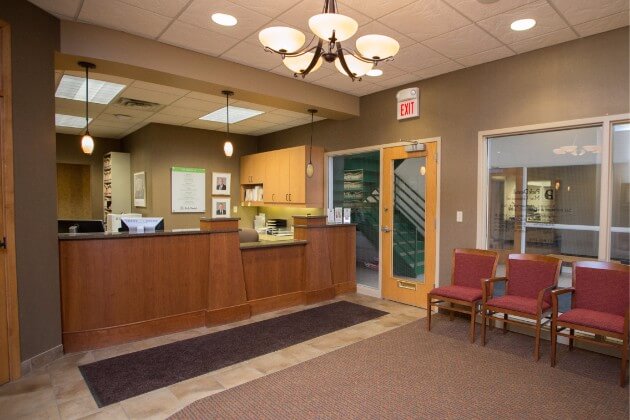Park Dental Mac Groveland
We are located in the Fire Station No. 14 Professional Building, approximately one half mile south of Interstate 94 on Snelling Avenue in St. Paul. Get Directions
St. Paul, Minnesota 55104
F 651-641-1788
St. Paul Dentist
Park Dental Mac Groveland has a long history of creating brighter smiles in St. Paul, Minnesota. With a long-established presence in the Macalester-Groveland community, our St. Paul dental practice provides a trusted and unique dental experience. You won’t find too many dentists located in an old fire station, giving your visit unexpected charm and character. More importantly, you’ll receive compassionate, personalized dental care that focuses on your needs. Our St. Paul dentists provide a complete range of dental services including children’s dentistry, preventive care, restorative treatments, sleep apnea screenings, cleanings, teeth whitening, and much more. When you need an advanced dental procedure such as implants, wisdom teeth removal, or Invisalign, we can accommodate you in our office or provide a referral to a dental specialist in the St. Paul area. Whether you just moved to St. Paul or you need a new dentist for your whole family, we’re always accepting new patients and plan to become your home for dental care.
We are conveniently located two blocks north of Summit Avenue on Snelling Avenue in the Fire Station No. 14 Professional Building. Call our St. Paul dentists today to schedule your next dental appointment.
Location highlights:
- Accepting new patients
- Accredited dentists with decades of experience serving patients in St. Paul
- Highly rated with hundreds of verified patient reviews from a reputable third-party service
- Preferred provider for most dental insurance plans
- Morning and evening appointments available
- Our dental services include dental exams, x-rays, dental cleanings, children’s dentistry, cosmetic dentistry, teeth whitening, sleep apnea screenings and much more
The advantages of a group dental practice:
- Consistent care: Whether you’re moving across town or across state lines, you can rest assured knowing there’s another convenient Park Dental location in Minnesota or western Wisconsin that offers the same great care you’ve come to expect.
- Quality care: Every one of our 50+ Park Dental practices is proudly dentist owned and operated. That means all of our dentists are motivated to exceed their own high expectations and will go above and beyond to take care of their patients.
- Comprehensive care: In addition to a full suite of preventive and restorative services, our network of 100+ dentists excels at a wide array of advanced dental services. And if we can’t treat you in-house, we leverage our strong local relationships to find the right specialist to meet your needs.
- Convenient care: One of the best aspects of employing a large dental team is the ability to offer our patients the most flexible hours possible. Many of our locations are open early mornings, late evenings, and Saturdays too for your scheduling convenience.
- Community care: At Park Dental, we care about more than just teeth. Every one of our practices has strong roots in their local community and embodies a spirit of giving back to its residents. Multiply that by our number of locations and you’ll see the lasting impact we can make towards the future.
- Cutting-edge care: We have the internal resources to invest in the best dental technology and patient comfort solutions.
- Educated care: Park Dental offers its doctors and clinical team members extensive continuing education opportunities to stay ahead of the dental curve. Our dentists also undergo regular peer reviews from both colleagues and mentors to ensure that we maintain our standard of excellence.


